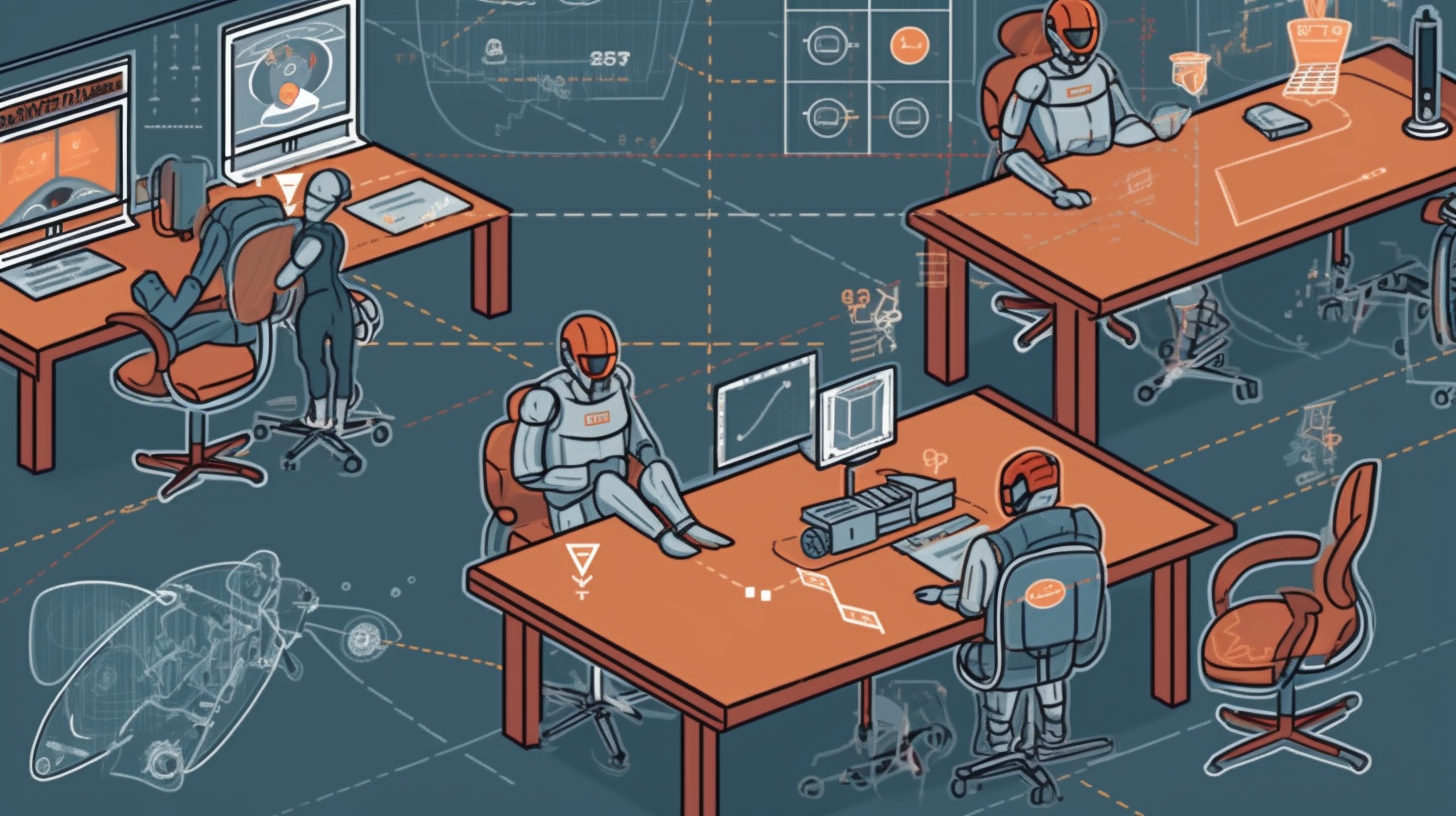A Duel of Protocols: TCP VS. UDP

We're jumping straight into the captivating world of protocols - TCP and UDP, to be exact. It feels a lot like we're in a high-stakes poker game, with data packets as the chips on the table. Each player brandishes its own unique strategy - but who's holding the better hand? Let's roll up our sleeves and jump right into the details.
Transmission Control Protocol (TCP): The Dependable Mailman
Let's kick off with TCP, the protocol that plays by the rules, the dependable mailman of the internet world if you will. Can you imagine your postman showing up at your doorstep, handing over your mail piece by piece, and making sure each letter, bill, or magazine is in your hands before moving along to the next house? That's TCP for you - after all, reliability isn't its middle name (it doesn't have one!) but it might as well be.
TCP forms a connection before any data can be sent, the equivalent of dialing a number and waiting for the other side to pick up before you start talking. After that, it guarantees the delivery of data packets in the exact order they were sent. You can think of it as the protocol that dots all its 'i's and crosses all its 't's. No packet can be missing, and no packet can arrive out of order. Data transportation with TCP is like a meticulously planned family vacation - every step is planned and double-checked for issues. If any hiccup arises, the whole process comes to a halt until we've sorted it out.
User Datagram Protocol (UDP): The Speedy Courier
UDP, however, won't let any set of rules stand in its speedy way. It's the daredevil motorbike courier of the internet world, all about speed and efficiency. You know the type - always taking shortcuts and zipping through the traffic, taking an 'all or nothing' approach to package delivery.
UDP doesn't bother with formalities; it sends data without even checking if the recipient is ready to receive it or not. It's like tossing a parcel over the fence and driving off—no guarantees, no hand-holding, and certainly no waiting around. Picture yourself in the middle of a chat, and then suddenly, the person on the other end hangs up the phone - that's UDP's hallmark move! But, believe it or not, there's a rhyme to this seeming madness. UDP is perfect for cases where speed is more important than accuracy, such as streaming live music or video. Sure, you may miss a note or a shot, but the show must go on, right?
Comparing and Contrasting: A Game of Trade-offs
Let's summarize our contenders. TCP ensures data is delivered correctly and in order, but this reliability takes time and resources like a fussy but trustworthy old schoolmaster. UDP, in contrast, is all about speed, throwing caution to the wind and leaving it up to the recipient to put the pieces together if needed, like a whizz-kid responding only in short, quick answers.
Both carve out their own niches in the vast landscape of internet communications - TCP takes the helm for email transmission and web browsing, where dependability is paramount, and UDP shines in time-sensitive applications like video conferencing and online games, where a minor delay or packet loss can slide.
The TCP/UDP Comedy Club
Now, for a bit of fun, let's envision TCP and UDP strolling into a bar to unwind. TCP steps up to the bar, gives the bartender a firm handshake, requests a drink, waits patiently for the pour, pays up, and finally, takes a seat. Meanwhile, UDP dashes in, shouts its order from the doorway, and hopes the bartender heard it right. When the drink slides down the bar, UDP has to scramble to catch it. If it misses and the drink splashes all over the floor—well, UDP just orders again! So, next time you’re enjoying a cold, frothy beverage, spare a thought for these unsung heroes, TCP and UDP, who, like humans, aren't so different after all. They both just want to do their job and maybe have a drink at the end of the day.
In conclusion, understanding TCP and UDP is fundamental to grasping the world of internet protocols. As contrasting as they may be, each has its role, and one cannot exist without the other. So, here's to TCP and UDP—two protocols that keep the digital world turning, each in their unique way.